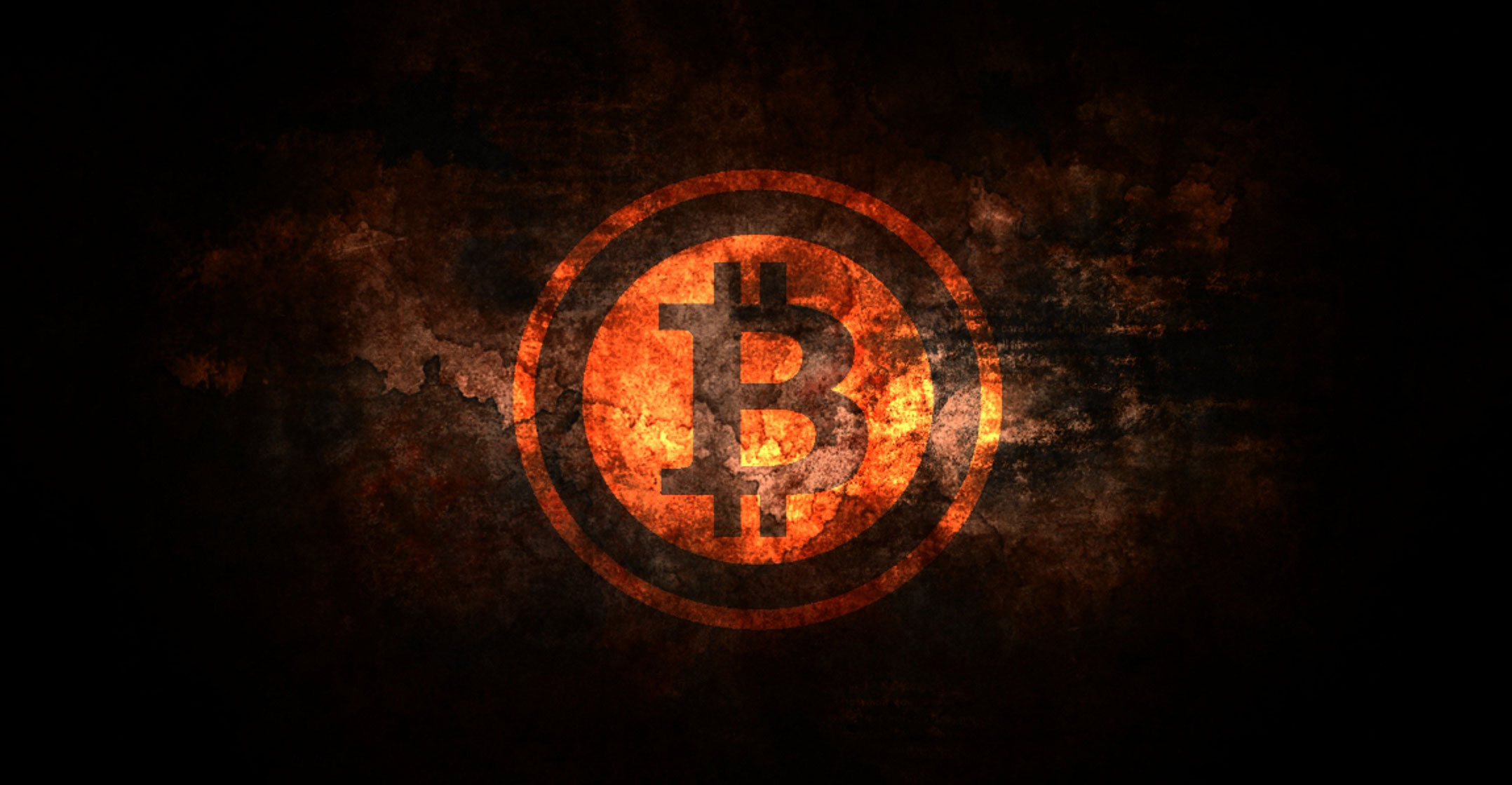
The deepening selloff in cryptocurrencies has just claimed another victim: bitcoin’s “kimchi” premium.
Prices for the cryptocurrency in South Korea have tumbled back in line with those on overseas exchanges for the first time in seven weeks, erasing a gap that had swelled to 51% in early January. The premium had been so persistent — and so unique among major markets — that traders named it after Korea’s staple side dish.
While its disappearance is partly explained by selling pressure from arbitragers, it also shows how dramatically investor sentiment has deteriorated in what used to be ground zero for the global crypto mania.
Bitcoin has tumbled more than 60% from its high in Korea after the nation’s regulators took several steps over the past two months to restrict trading and said they’re also mulling an outright ban on cryptocurrency exchanges. The country has been on the forefront of a global push by policy makers to rein in the frenzy surrounding digital assets amid concerns over excessive speculation, money laundering, tax evasion and fraud.
“The bubble in cryptocurrencies has burst” in Korea, said Yeol-mae Kim, an analyst at Eugene Investment & Securities in Seoul.
The kimchi premium began shrinking in mid-January as fears of a regulatory clampdown escalated. Selling by arbitragers — who have been buying bitcoin on international venues to offload at a higher price in Korea — also played a role, although the country’s capital controls and anti-money laundering rules made it difficult to execute such transactions in bulk.
Bitcoin traded at about US$8 297 in Korea on Friday, according to a CryptoCompare.com index tracking the country’s major exchanges. That compared to the $8 588 composite price on Bloomberg, which is derived from venues including Bitstamp and Coinbase’s GDAX exchange.
Kimchi premium
When the kimchi premium reached its peak in January, Bitcoin traded at the equivalent of $22 525 — about $7 500 higher than the composite price.
The country’s waning frenzy has been reflected in declining activity on domestic exchanges. Data compiled by CryptoCompare.com show that volumes have dropped by about 85% from December highs.
Anecdotal evidence suggests arbitragers have become less active, too.
At the cryptocurrency ATM operated by Genesis Block in Hong Kong’s Wan Chai neighborhood, 20 to 30 Koreans used to line up every morning before 9am, waiting for the location to open so they could deposit wads of cash in exchange for bitcoins. They would then transfer the coins to an exchange in Korea and sell them at a higher price — pocketing enough to cover the cost of flights, transaction fees and then some.
After the premium halved from its peak in late January, the morning ATM queue dwindled to as few as five people, according to Wincent Hung, a director at Genesis Block.
Of course, the lines could grow again if the kimchi premium returns. But Eugene Investment’s Kim says that’s unlikely as long as cryptocurrency prices are falling globally.
On Friday, the bitcoin composite price sank as much as 8.5% to its lows of the year. It has dropped 22% this week amid expectations of more government oversight around the world.
“People want to buy more when prices are on the rise,” Kim said. “Now, the market is feeling a chill.” — Reported by Kyungji Cho, with assistance from Benjamin Robertson and Matt Turner, (c) 2018 Bloomberg LP




